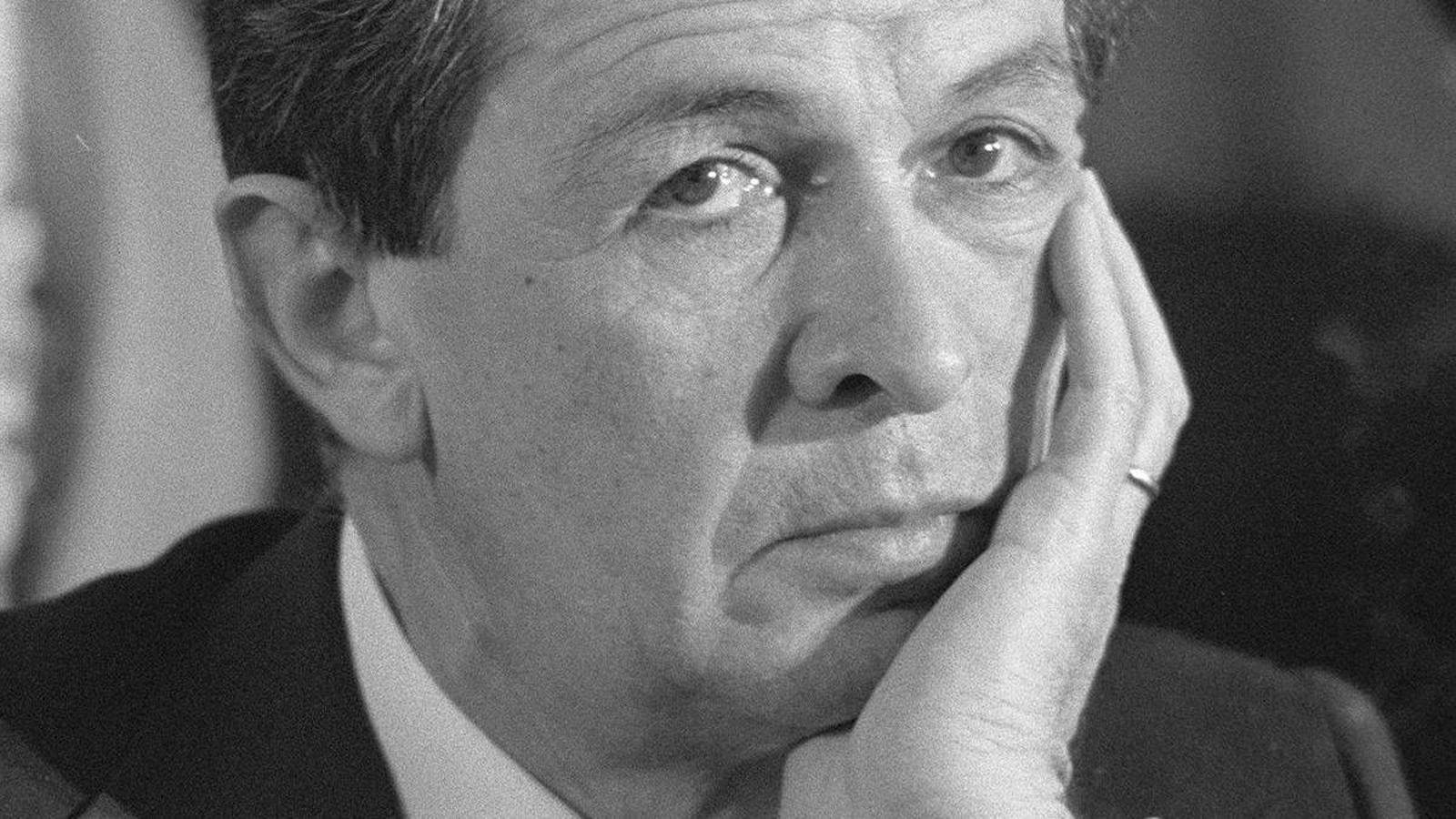Ethical and political leadership with courage


In times like these, is it possible to imagine ways of doing politics and leadership styles that do not only seek confrontation, pointing the finger at the adversary, or seeking audiences based on who says the loudest? We are at a juncture in which the complexity and gravity of the problems we face would seem to demand leadership and ideas that are up to the challenge, but, instead, simplification and bullyingAnd we have examples both far away and very close. All of this came to mind while watching Andrea Segre's film. The great ambition, which after a huge success in Italy, has been brought here by Filmin. The film features the great entanglements of Italian politics in the 1970s, starring Enrico Berlinguer, then Secretary General of the Italian Communist Party, but also featuring Aldo Moro, the Christian Democrat leader who was ultimately assassinated by the Red Brigades in 1978.Catalan Encyclopedia Enrico Berlinguer is often described as a politician born in Sàsser, Sardinia, to a family distantly related to Catalonia. There has been speculation about the connection between the surname Berlinguer and that of Berenguer, just as some recall that the bus that ran from Sàsser to Alghero was called La Freccia Catalana. But the truth is that the greatest mark that Enrico Berlinguer left in Catalonia is not determined by his origins, but by his enormous political influence in the configuration and political thinking of what, throughout the Franco regime, was the main party against the dictatorship, the Unified Socialist Party of Catalonia (PSUC). This influence was especially evident in the 1970s, in the final moments of Franco's regime and in the midst of the political transition to democracy. Berlinguer's transformation of the Italian Communist Party had a great impact on the PSUC, where people like Jordi Solé Tura had stood out by translating the works of Antonio Gramsci and who had always preferred the Italian communist tradition to the French one, more present in Santiago Carrillo's PCE.
Enrico Berlinguer was formulating the bases of his proposal of "historic compromise" and what was known as Eurocommunism, based on the postwar experience throughout Europe. Where the logic of the Cold War effectively blocked the possibility of communist parties in Europe reaching the governments of their respective countries. The PCI governed regions, ran large cities, but was barred de facto his possible rise to power. In fact, the film begins with the military coup against the Popular Unity government of Salvador Allende in August 1973. The violent end of the socialist and democratic experience that Allende represented called into question the coexistence of liberal capitalism and socialist options that sought to go beyond the limits set by the welfare state. Thus, radical options that posited armed struggle as the only possible solution were reinforced, with evident expressions in Germany, Italy, Northern Ireland, and Spain.
The communist leader made a very different reading of this historical juncture. In the magazine Rinascita He published articles that revived the Gramscian concept of hegemony and placed the challenge on building transversal social majorities, with agreements with other political forces, seeking broad consensus that would allow us to avoid authoritarian reactions. Therefore, it was necessary to go beyond the working class, grow, gain support from layers of the middle class, manage wisely, forge alliances... and prepare to govern. He came very close in June 1976, when in the general elections the PCI approached 35% of the vote, a figure never achieved by any communist party in Western Europe.
Before his death in June 1984, Berlinguer strongly defended austerity. For Berlinguer, austerity was a social philosophy, a way of being and living in the face of the senseless consumerist waste of runaway capitalism. A way of linking austerity with social justice and equality: "A life that is less unequal, more truly free, democratic, more humane." If this made sense forty years ago, it makes even more sense now in the midst of the climate emergency and with a significant increase in inequalities. The new Democratic candidate for mayor of New York, Zohran Mamdani, recalls this with a very apt expression when he speaks of "the city we can afford" (The affordable city).
Norberto Bobbio said of Berlinguer, a few days after his death, that he did not have the negative traits of so many political leaders, such as, he said, vanity, exhibitionism, arrogance, or pure rhetoric. We are once again in a time when this type of reflection is fully relevant... Once again, and more urgently, moral issues and political courage appear inextricably linked. Berlinguer was and remains for many not only a political leader, but also and above all an ethical reference point. This is today, in these times, a rare legacy that continues to remind us of the film dedicated to this great Sardinian leader.
